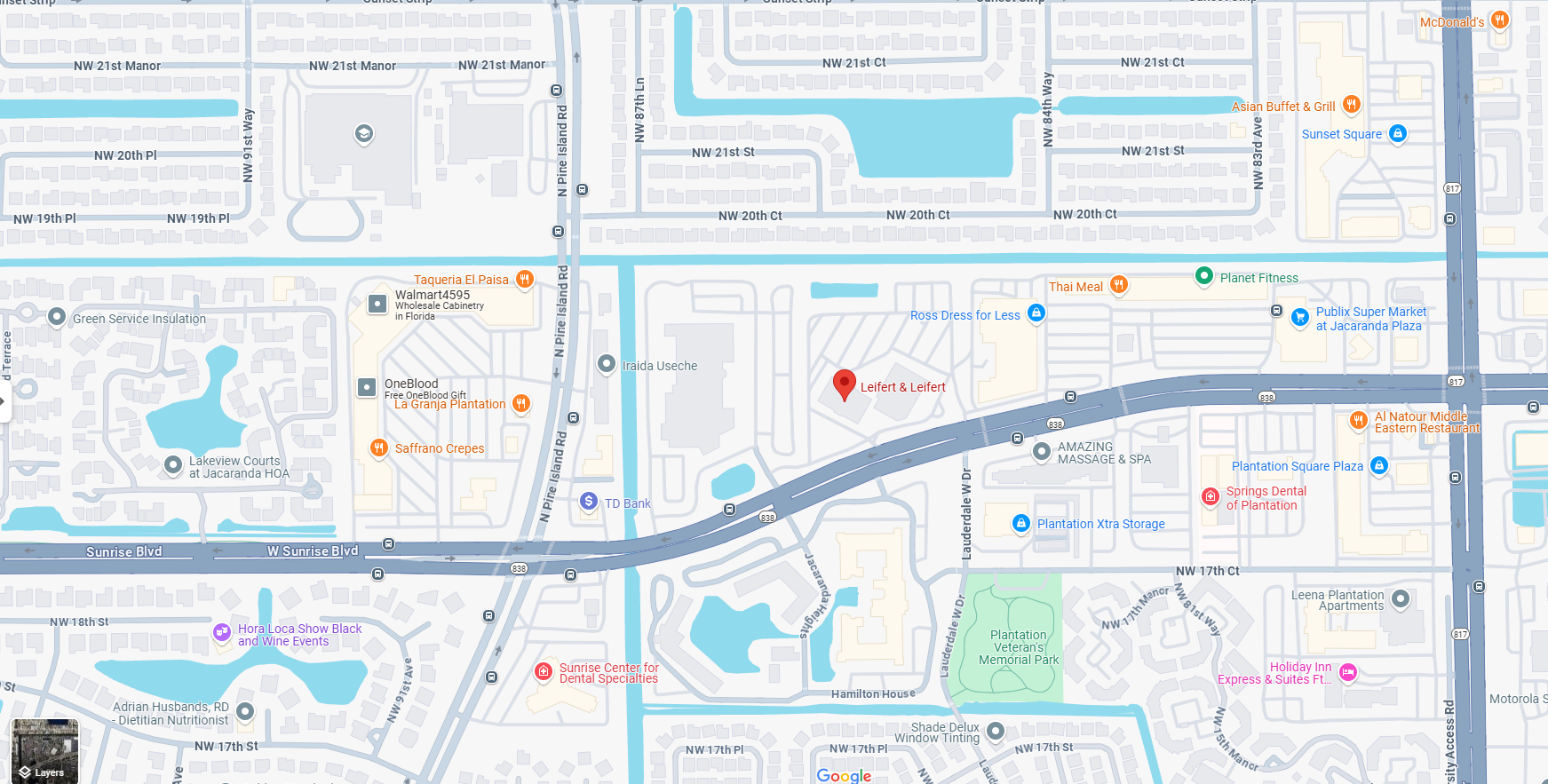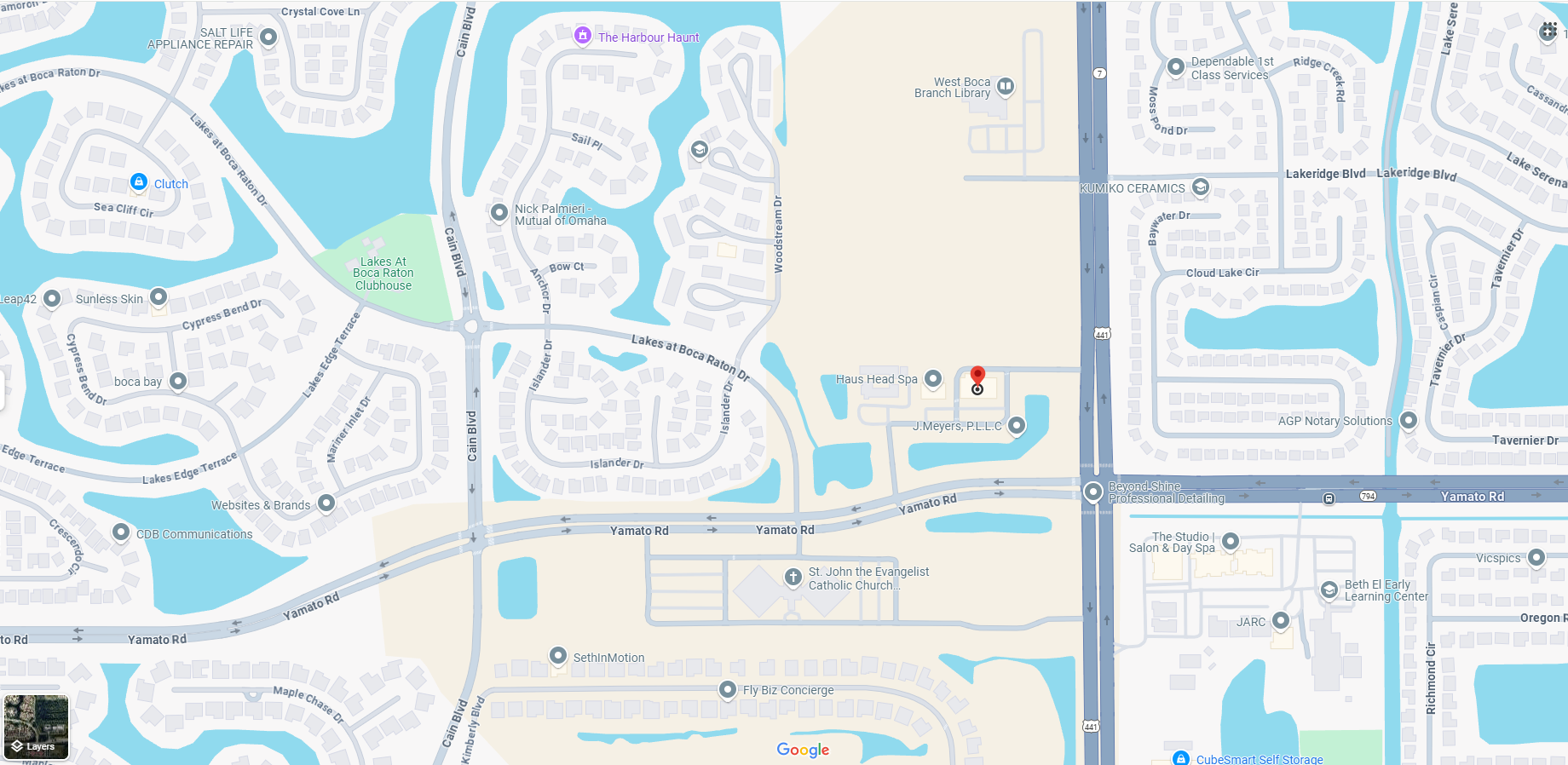Non-citizens are not entitled to a government-appointed lawyer for immigration proceedings in the U.S., but you do have the right to hire your own immigration attorney. While people are certainly allowed to file immigration-related petitions and applications on their own, it is advisable to seek the guidance of an experienced attorney.
Immigration cases require extensive preparation of paperwork and a thorough understanding of how to navigate the immigration court system. Hiring an attorney who is familiar with handling immigration issues can ensure that the process runs smoothly and help improve your odds of achieving your desired results.
Whether you are looking to apply for citizenship, change your immigration status, or have questions about how a criminal matter can impact your immigration status, a Ft. Lauderdale immigration lawyer can help. Your attorney can commit to helping businesses, employees, individuals, and their families achieve their immigration goal through knowledgeable and experienced representation.
U.S. Immigration Laws
Immigration is regulated by federal law in the United States. Federal law governs who may enter the country, how long they may remain in the country and the qualifications and requirements for attaining citizenship. Federal law also establishes the grounds and procedures for removing individuals who are in violation of these laws.
The primary sources of immigration law are the Immigration and Nationality Act (INA) and Title 8 of the Code of Federal Regulations. Federal immigration law is further interpreted and shaped and interpreted by federal agencies, administrative decisions, and federal courts. A practiced attorney in Ft. Lauderdale understands immigration law and could use it to an individual’s advantage.
Immigration Law Enforcement
The Department of Homeland Security (DHS) is the chief authority for administering and enforcing U.S. immigration laws. The DHS divides its immigration-related responsibilities between three bureaus–U.S. Customs and Border Protection (CBP), Immigration and Customs Enforcement (ICE), and U.S. Citizenship and Immigration Services (USCIS).
The Department of Justice contains the Executive Office for Immigration Review (EOIR), which responsible for adjudicated immigration cases. The EOIR is comprised of immigration courts and the administrative appeals body known as the Board of Immigration Appeals (BIA). There are approximately 250 immigration judges located in 58 immigration courts across the country.
U.S. immigration law is exceedingly complicated and has been deemed to be second only to the Internal Revenue Code in complexity. Not only is immigration law incredibly complex, it is continually evolving. If an individual faces any criminal charge and is seeking legal advice on an immigration matter, it is important to hire a skilled immigration lawyer in Ft. Lauderdale who is well-versed in the law.
Criminal Practice Areas
A seasoned immigration lawyer in Ft. Lauderdale can stay up-to-date on changes in criminal law and will have successfully represented countless clients in local criminal courts. A legal representative can provide a full range of criminal defense services, including but not limited to:
- Misdemeanors
- Felonies
- DUI
- Criminal Traffic Violations
- Municipal Ordinance Violations
Work with a Ft. Lauderdale Criminal Defense Attorney Today
If you need legal assistance with an immigration issue, a Ft. Lauderdale immigration lawyer can assist you. Professional and compassionate attorneys can answer any questions you may have, explain what you can expect from the immigration process, and keep you informed about the status of your case. Call an attorney today, and see how they can help.





